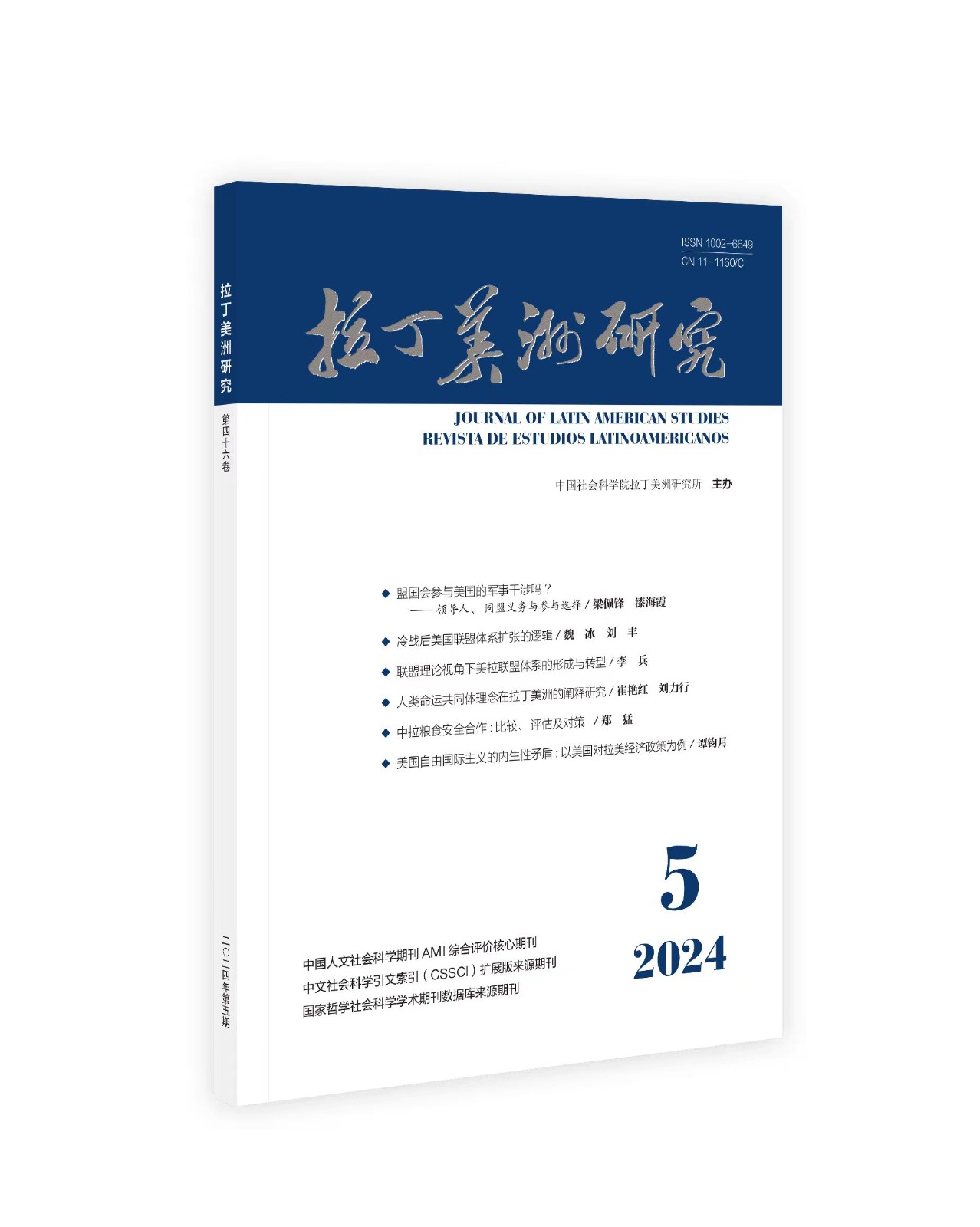萨尔瓦多·阿连德与阿根廷军事统治:国内政治、地缘政治因素和跨国维度,1970 - 1973
IF 0.7
2区 历史学
Q2 AREA STUDIES
引用次数: 0
摘要
1970年萨尔瓦多·阿连德(Salvador Allende)当选智利总统引起了国际社会的关注,因为一个公开宣称的马克思主义者通过选举上台,为卡斯特罗领导的古巴提供了另一个选择。在由右翼独裁统治的阿根廷,最初的恐惧转变为一种和解政策。在冷战期间,阿根廷和巴西之间的历史对抗比两个军事政权的反共主义更强烈。亚历杭德罗·拉努塞将军决定支持阿连德领导的智利,以平衡巴西的影响力,同时也是为了控制阿连德胜利对国内的影响,尤其是革命口号的兴起和游击队的传播。本文追溯了影响令人惊讶的双边关系的国家、国际和跨国因素网络。本文章由计算机程序翻译,如有差异,请以英文原文为准。
Salvador Allende and Argentine Military Rule: Domestic Politics, Geopolitical Factors and Transnational Dimensions, 1970–3
Abstract The 1970 election of Salvador Allende as president of Chile gained international attention, as a declared Marxist came to power through elections, offering an alternative to Castro's Cuba. In Argentina, governed by a right-wing dictatorship, the initial fear was transformed into a policy of rapprochement. In the midst of the Cold War, the historical Argentine–Brazilian rivalry was stronger than both military regimes' anti-communism. General Alejandro Lanusse decided to support Allende's Chile to balance Brazil's influence, but also as a way to control the domestic repercussions of Allende's victory, especially the rise of revolutionary slogans and the circulation of guerrillas. This article traces the network of national, international and transnational factors that influenced a surprising bilateral relationship.
求助全文
通过发布文献求助,成功后即可免费获取论文全文。
去求助
来源期刊

拉丁美洲研究
Multiple-
CiteScore
1.60
自引率
0.00%
发文量
3870
期刊介绍:
Journal of Latin American Studies presents recent research in the field of Latin American studies in economics, geography, politics, international relations, sociology, social anthropology, economic history and cultural history. Regular features include articles on contemporary themes, specially commissioned commentaries and an extensive section of book reviews.
 求助内容:
求助内容: 应助结果提醒方式:
应助结果提醒方式:


